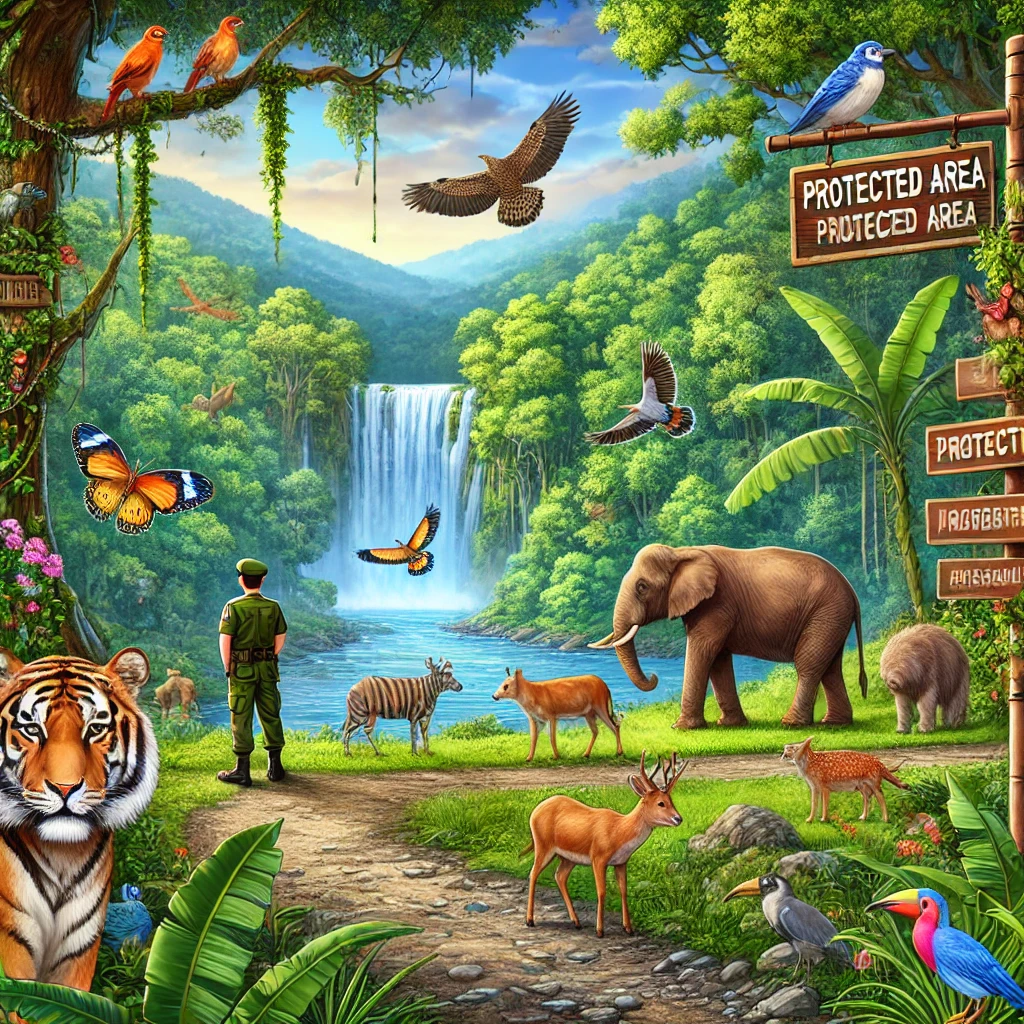
Understanding Wildlife Protection Laws: Why They Matter and How You Can Help
Wildlife plays a crucial role in maintaining the delicate balance of our ecosystem. However, with growing threats like deforestation, poaching, and habitat destruction, wildlife protection laws have become more important than ever. These laws are designed to safeguard endangered species, preserve biodiversity, and prevent illegal activities that harm our natural world. But what do these laws entail, and how can you contribute to their enforcement? Let’s dive in.
What Are Wildlife Protection Laws?
Wildlife protection laws are regulations and policies implemented by governments and international organizations to conserve and protect wild animals and their habitats. These laws aim to prevent species from becoming endangered or extinct and to regulate human activities that could disrupt ecological balance.
Key Aspects of Wildlife Protection Laws:
- Endangered Species Protection – Laws such as the Endangered Species Act (ESA) in the U.S. and the Wildlife Protection Act in India provide legal backing to protect threatened species from poaching, hunting, and habitat destruction.
- Anti-Poaching Regulations – Strict penalties are imposed on individuals or groups engaged in illegal hunting and trade of wildlife products like ivory and fur.
- Habitat Conservation – Many laws focus on preserving natural habitats, restricting deforestation, and creating wildlife sanctuaries and national parks.
- International Agreements – Conventions like CITES (Convention on International Trade in Endangered Species) regulate global wildlife trade to prevent species exploitation.
- Marine and Aquatic Protection – Laws extend to oceans and rivers to protect marine life from overfishing, pollution, and illegal trade.
Why Are Wildlife Protection Laws Important?
1. Preventing Extinction
Many species, from the majestic tiger to the gentle sea turtle, are on the brink of extinction due to human activities. Wildlife protection laws ensure that conservation efforts are legally enforced to prevent species loss.
2. Maintaining Biodiversity
A rich and diverse ecosystem benefits everyone. From pollination by bees to water purification by wetlands, nature provides essential services that sustain life on Earth.
3. Controlling Illegal Wildlife Trade
The illegal trade of wildlife products is a multi-billion-dollar industry. Enforcing strict wildlife protection laws helps curb these activities, ensuring animals are not exploited for profit.
4. Protecting Ecosystems
Destroying one species can have a ripple effect on entire ecosystems. By enforcing habitat conservation laws, we protect the forests, rivers, and oceans that serve as homes for countless species.
How You Can Contribute to Wildlife Protection
1. Support Conservation Organizations
Donating to or volunteering with organizations like the World Wildlife Fund (WWF) or local wildlife groups can make a difference.
2. Say No to Wildlife Products
Avoid buying products made from ivory, fur, exotic leather, or any materials sourced from endangered animals.
3. Report Illegal Activities
If you witness wildlife crimes, report them to local authorities or conservation agencies.
4. Be a Responsible Tourist
Choose eco-friendly travel options, avoid activities that exploit animals, and respect nature reserves and protected areas.
5. Raise Awareness
Use social media to educate others about wildlife protection laws and the importance of conservation efforts.
Wildlife protection laws are not just rules on paper—they are lifelines for species and ecosystems. By understanding these laws and taking small but meaningful actions, we can all contribute to a world where animals and nature thrive.
Every effort counts. Let’s protect our planet’s incredible wildlife for generations to come!
